The Philosopher Who Questioned Everything: Jacques Derrida’s Legacy
Appeals to curiosity and highlights his radical skepticism.
The Philosopher Who Shattered Meaning
1930 -2004, Paris, France
Jacques Derrida didn’t just challenge ideas he challenged how we think about ideas. Born into a Sephardic Jewish family during French colonial rule, Derrida’s early life was marked by exclusion and identity crisis. During WWII, he was expelled from school for being Jewish, an early encounter with institutional violence that would later shape his philosophical stance.
After studying at the École Normale Supérieure in Paris, Derrida rose to fame in the 1960s with a radical new way of reading: deconstruction. He argued that meaning is never fixed that every word contains traces of what it is not, and every text contradicts itself. To some, he was a genius; to others, a destroyer of reason. Either way, Derrida reshaped philosophy, literature, architecture, law, and even theology.
10 Quotes That Capture Derrida’s Disruptive Genius
1. “There is nothing outside the text.”
2. “To pretend, I actually do the thing: I have therefore only pretended to pretend.”
3. “Justice is not De-constructible.”
4. “Deconstruction is not destruction.”
5. “A text is not a line of words releasing a single 'theological' meaning... but a multidimensional space.”
6. “Monsters cannot be announced. One cannot say: ‘Here are our monsters,’ without immediately turning the monsters into pets.”
7. “The beginning of deconstruction is the beginning of responsibility.”
8. “What cannot be said above all must not be silenced but written.”
9. “Structure is not simply a thing but a process of structuring.”
10. “We are all mediators, translators.”
Derrida’s Most Influential Books (And Why They Matter)
1. Of Grammatology (1967)
His most famous work. Here Derrida introduces deconstruction, challenging the idea that speech is more "authentic" than writing. He argues that writing structures all thought and that every system of meaning is built on shaky ground.
2. Writing and Difference (1967)
A collection of essays exploring madness, language, and truth. It includes critiques of thinkers like Foucault and Levinas and shows how meaning always slips through the cracks.
3. Margins of Philosophy (1972)
A deeper dive into Western philosophy’s hidden biases. Derrida unpacks metaphysical dualities (like presence/absence) and shows how these ideas fall apart under scrutiny.
4. Dissemination (1972)
An experimental, poetic text that deconstructs the very act of writing. It's known for its dazzling style and philosophical playfulness.
A Surprising Fact: He Was Almost Rejected as a Philosopher
Derrida failed parts of his entrance exams to top French institutions because his writing was seen as too obscure. Ironically, the very complexity that made him controversial in school became his signature style a rebellion against “clear” logic and rigid definitions.
His later fame didn’t erase that early criticism. Some academics called him “anti-philosophy.” Yet today, no discussion of postmodern thought is complete without him.
Closing Reflection
Derrida didn’t destroy meaning. He gave us the tools to explore it with suspicion, imagination, and responsibility. His work reminds us that truth is never handed down it’s constructed, deconstructed, and reconstructed every day.
If Derrida made you rethink everything you thought was solid share this post with someone who wrestles with meaning, language, or authority.
Subscribe to Philosophers Hub for more radical minds, timeless questions, and modern reflections on what can (and can’t) be said.



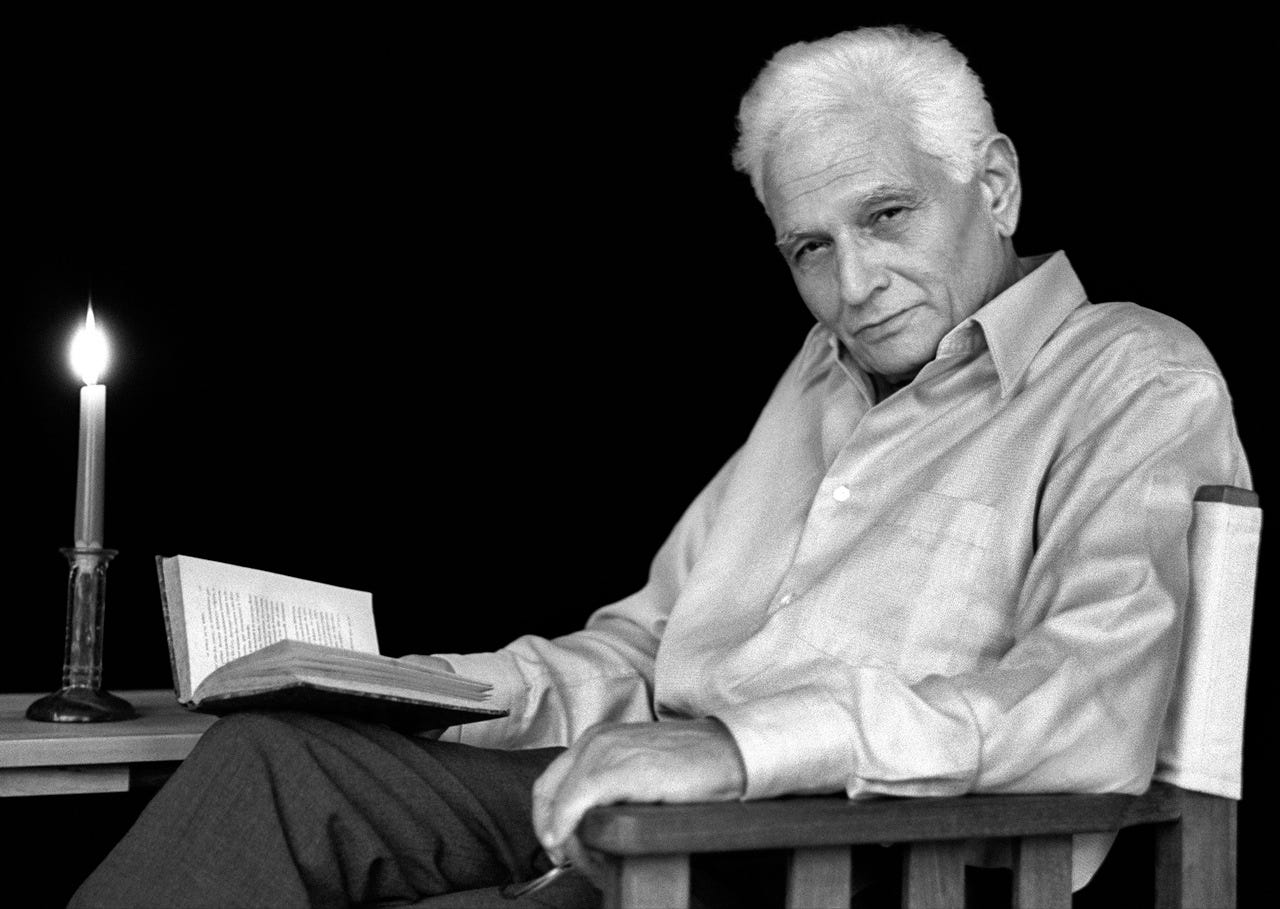
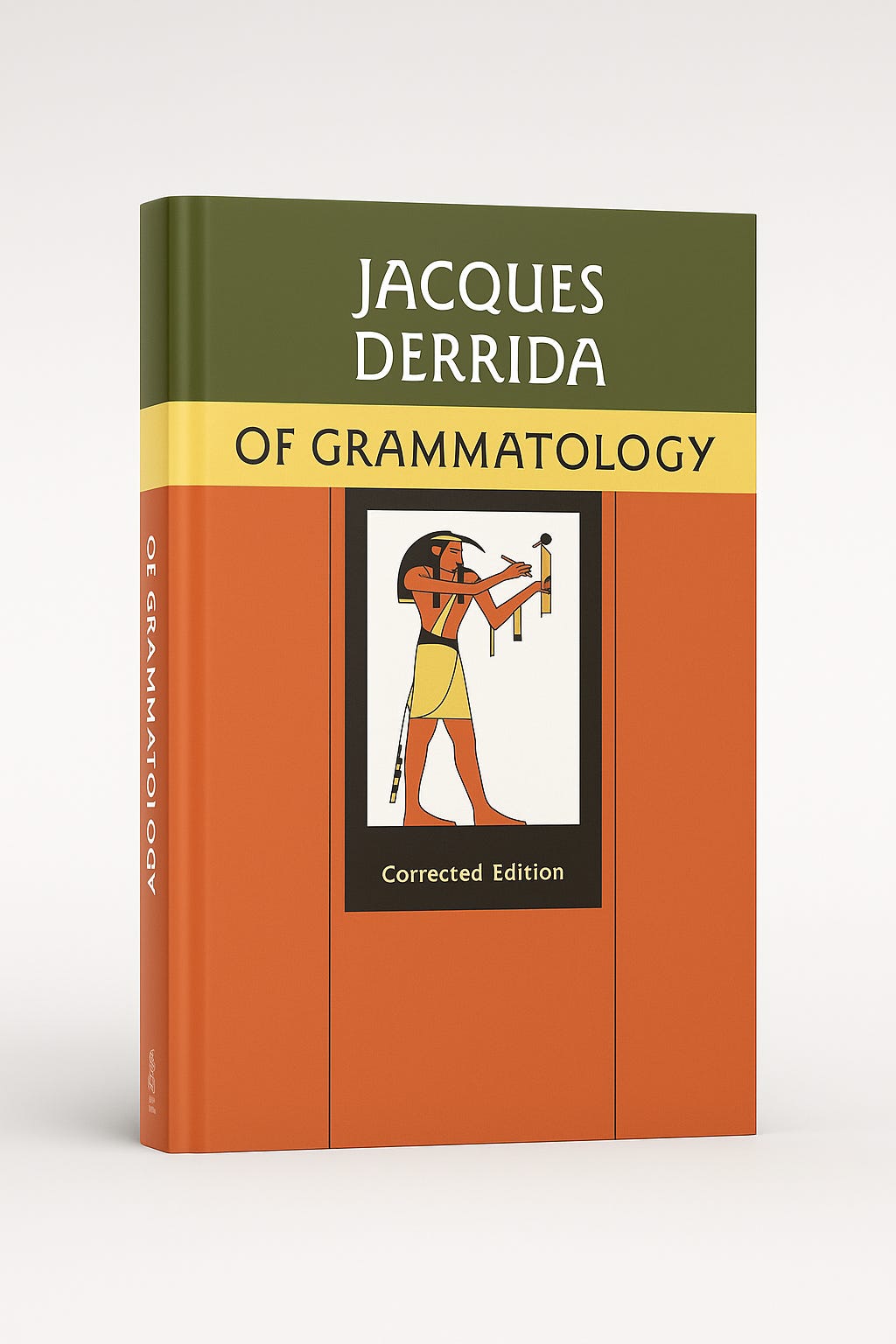
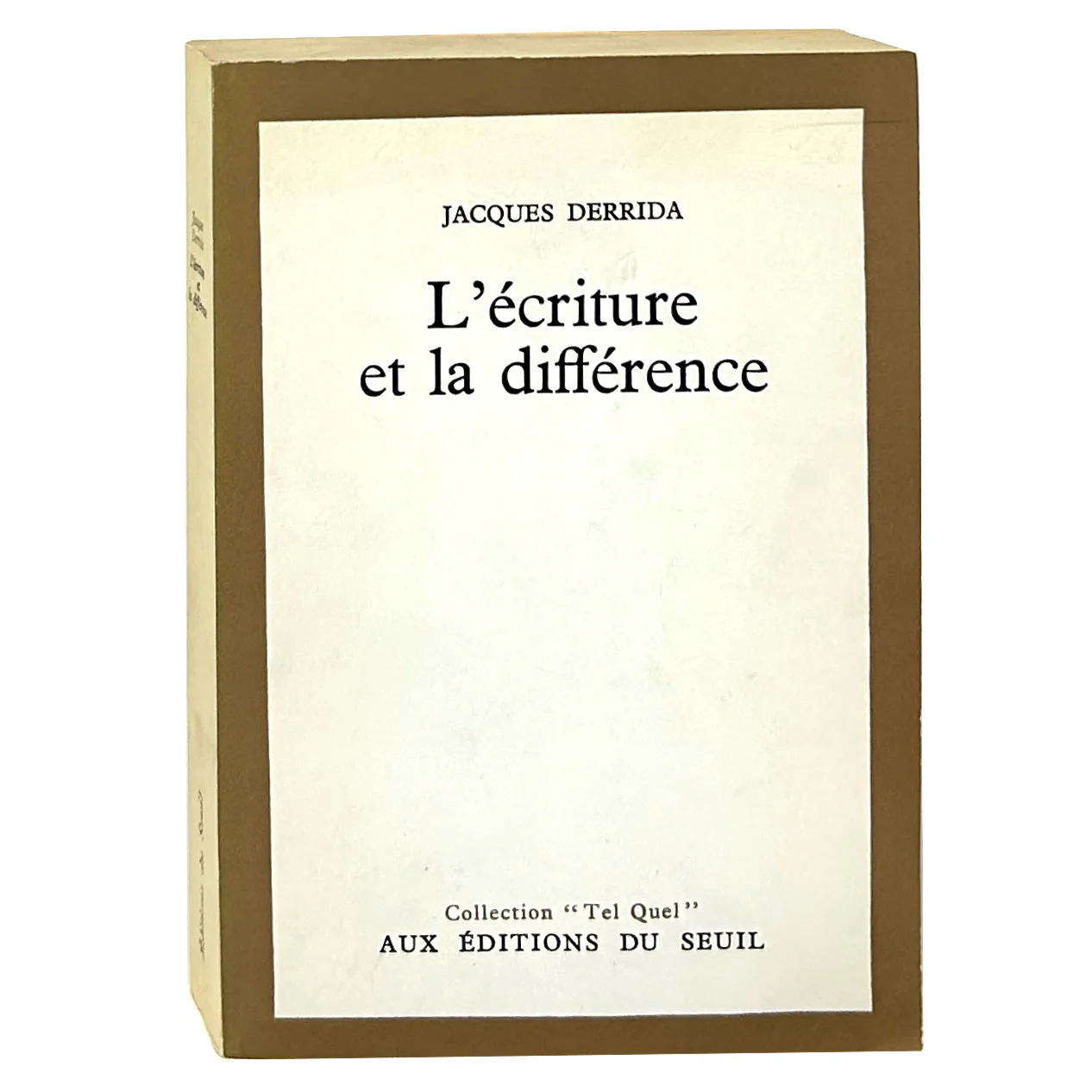
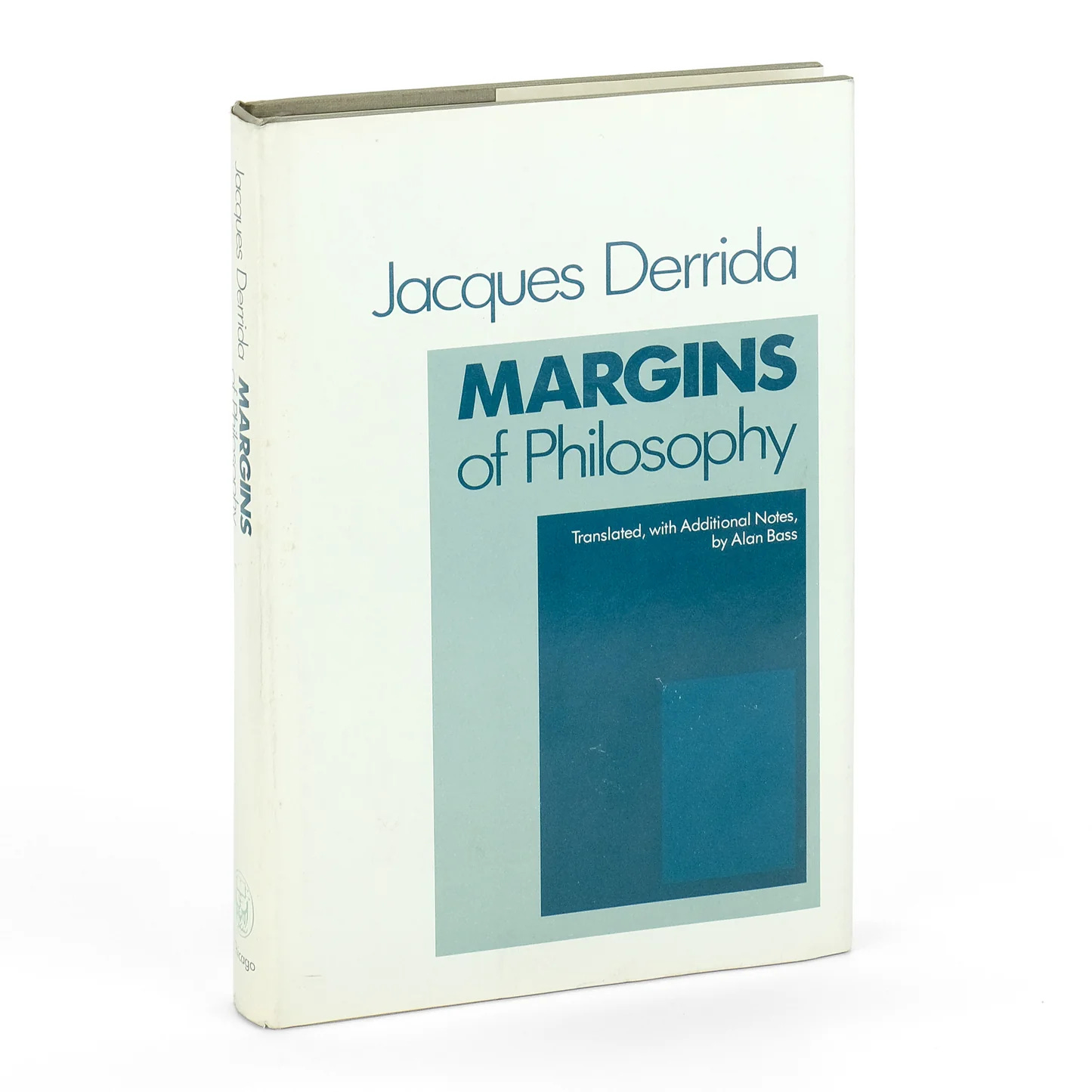
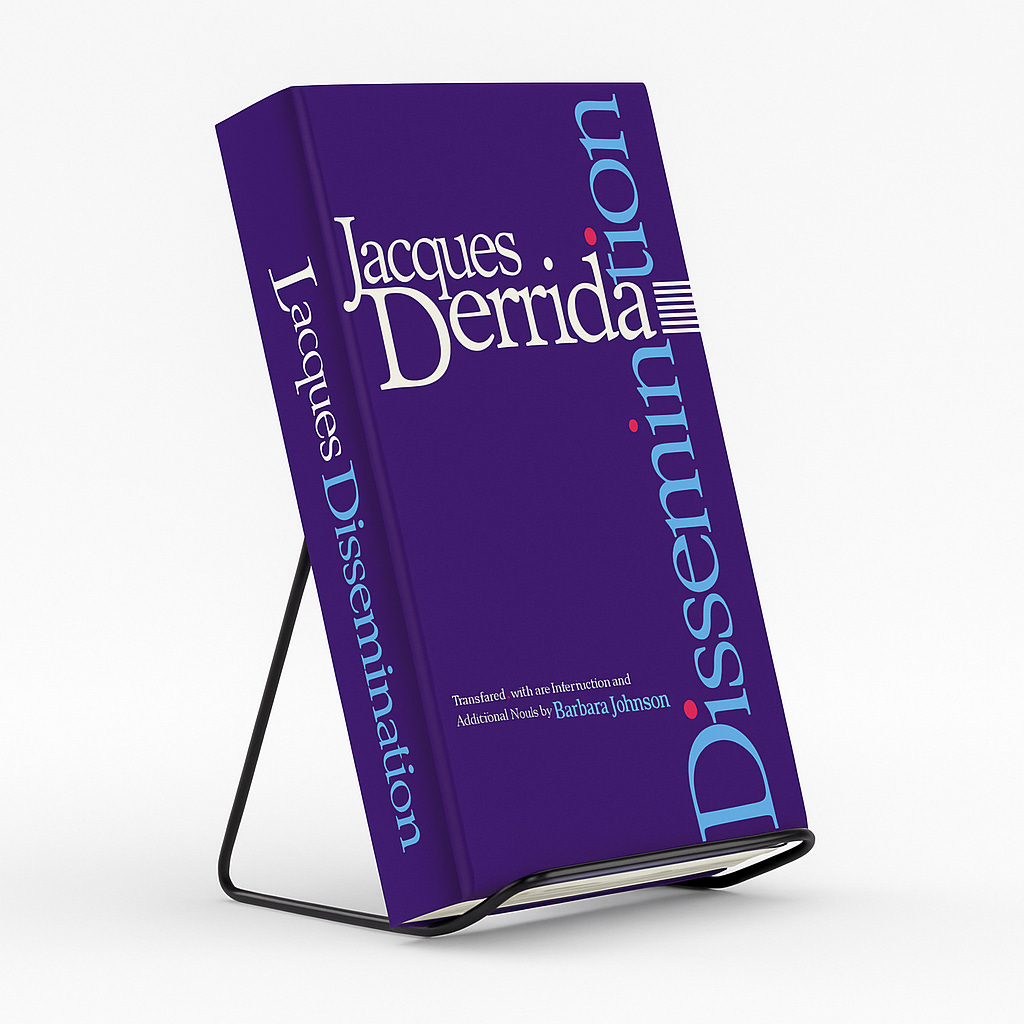
Straylight is my philosophy, my life, and the deep need for answers deeper than what we are given. Project Straylight is proving that Eastern Mystics have been right about our reality for thousands of years. They knew that our reality is made up of a series of relational systems. That no one of us is truly an individual, but that we are all “nodes” that play our roles within a larger series of systems.
https://substack.com/@projectstraylight
He hadn't a clue about the meaning of gift!